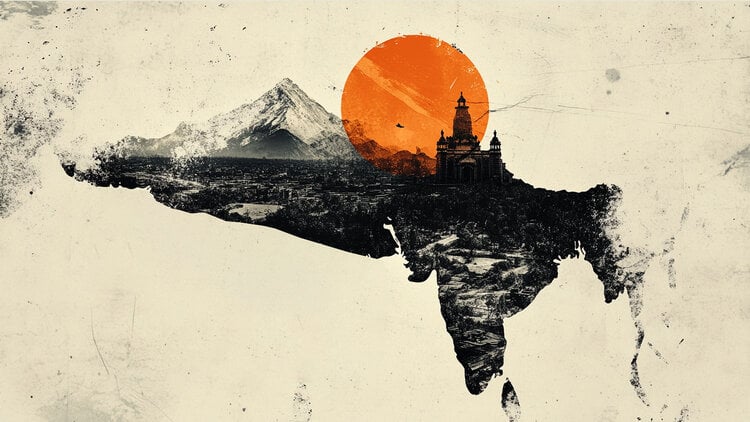Turkish President Tayyip Erdogan visited the country’s south on Wednesday to check out the destruction wrought by a powerful earthquake, as anger rose among the local population over what they said was the government’s slow response to the effort. of rescue and relief.
The combined death toll from Monday’s earthquake (6), which hit a swathe of southern Turkey and neighboring Syria, has risen to more than 11,000 people.
The count is expected to rise as hundreds of collapsed buildings in many cities became graves for people sleeping in their homes when the quake struck in the early morning.
In the Turkish city of Antakya, dozens of bodies, some wrapped in blankets and sheets and others in body bags, were lined up on the ground outside a hospital.
“My wife doesn’t speak Turkish and I can’t see very well,” said one man, who declined to be identified. “We have to check every face. We need help.”
Families in southern Turkey and Syria spent a second night in the freezing cold as rescuers tried to pull people out of the rubble.
Many in the Turkish disaster zone slept in their cars or on the streets under blankets, afraid to return to buildings shaken by the 7.8 magnitude quake – Turkey’s deadliest since 1999 – and a second strong quake hours later.
“Where are the tents, where is the food?” said Melek, 64, in Antakya, saying he had not seen any rescuers.
“We have not seen any food distributions here, unlike previous disasters in our country. We survived the earthquake, but we will die here from hunger or cold.”
The death toll has surpassed 8,500 in Turkey. In Syria, already ravaged by 11 years of war, the confirmed number rose to more than 2,500 overnight, according to the Syrian government and a rescue service operating in the rebel-held northwest.
Impact on elections
Erdogan, who has declared a state of emergency in 10 provinces and sent troops to help, arrived in the city of Kahramanmaras to see the damage and the rescue and relief effort.
Speaking to reporters, with constant ambulance sirens in the background, Erdogan said there were problems with roads and airports, but that things would get better by the day.
The disaster presents a new challenge for him in the elections he faces in May, which would already be the most difficult of his two decades in power.
Any perception that the government is not handling the disaster properly could hurt Erdogan’s prospects in the vote, but analysts say he could otherwise rally national support around the crisis response and strengthen his position.
Source: CNN Brasil
Bruce Belcher is a seasoned author with over 5 years of experience in world news. He writes for online news websites and provides in-depth analysis on the world stock market. Bruce is known for his insightful perspectives and commitment to keeping the public informed.







